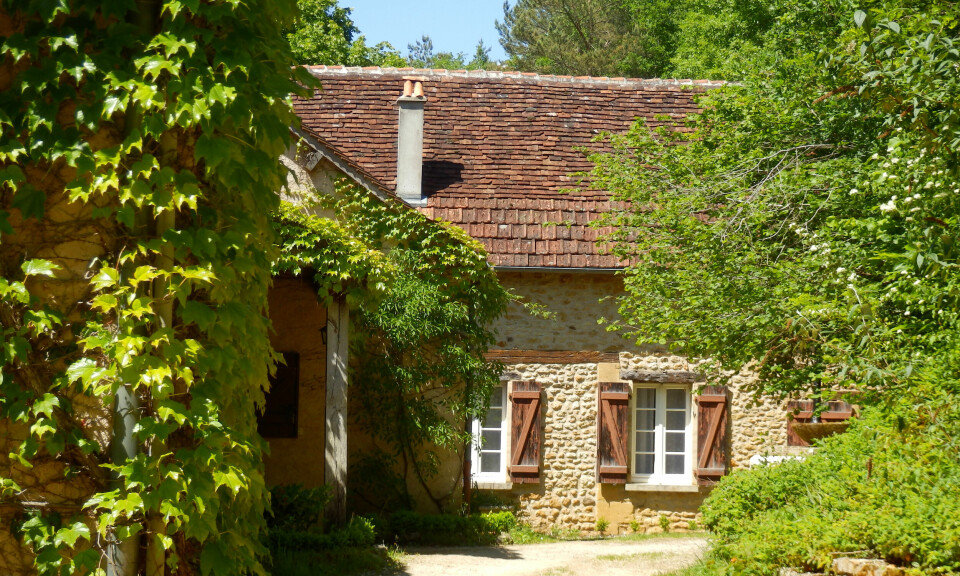-
Tough Airbnb rules in Marseille prompt many property owners to sell
City council reduce time that a property can be rented to short-term guests
-
Big limitations on number of new second homes in Chamonix
Some 70% of the housing stock in the popular mountain resort town are currently second homes
-
City in south-west France takes property owner to court for €100,000
The case is the latest move by authorities in France against short-term rental landlords
Why woman could break 120-day Airbnb legal rental limit for Paris home
Law states that this is the maximum time that someone can use their main home as a holiday let - but there are exceptions

A Parisian property-owner has avoided a fine after she rented out her main residence on Airbnb for more than 120 days in a year. This is against more than the legal threshold but some exemptions apply.
The law states that owners cannot rent out their main residents for more than 120 days in a year for Airbnb-type stays.
Since 2017, property owners in towns of more than 200,000 inhabitants must also register their intention to use their home for holiday lets with their mairie.
This obligation can only be waived in three situations, which include:
-
Professional obligations
-
Health reasons
-
A case of force majeure (serious unforeseen events)
The first exception would apply if a person was forced to spend more than 120 days away from their home because of work commitments, while the third would involve someone being kept away from their main residence by unforeseen events.
However, it was the second reason which this woman in her 60s used to justify the use of her property for holiday rentals before the Tribunal judiciaire de Paris.
In 2019, she had rented out her home as an Airbnb for 216 nights of the year, but said that this was due to the poor health of her ex-partner and father of her daughter, who was living with Alzheimer’s disease.
She needed to stay with him “almost permanently” at this time, and so was in her home for less than eight months of the year.
This was confirmed by the doctors treating the ex-partner, who said: “Ms X was very present,” and “came to see him every day.”
The Ville de Paris argued that the health reasons argument had to relate to the property owner themselves and not to one of their relatives.
However, the law does not specify the characteristics of the health reason justification it allows.
“It can apply to health reasons concerning a person who has close ties to the owner, when it is demonstrated that their poor health has drawn the owner away from their principal residence for at least the number of days the property is rented out.”
This owner, who faced a fine of €10,000, won her case, and the Ville de Paris has not said that it will appeal the ruling.
“This decision shows that, through a simple, routine letter, the Ville de Paris could have asked the owner and identified the legitimacy of her exceeding the 120-day threshold,” said the woman’s lawyer Xavier Demeuzoy.
“However, the municipality skipped this stage and made the systematic decision to launch legal proceedings against the owner.”
Mr Demeuzoy added: “I encourage property owners who would like to rent out their home for more than 120 days to be careful: the threshold is very strictly applied by the court on a case by case basis.
“It makes sure that the number of nights that the home is rented out corresponds directly with the legal justification put forward and asks for precise evidence.
“Some judges even ask that every night where guests were present, from the first to the last, is accompanied by a case for legal exemption.”
Related articles
How to know which French housing zone you live in and what it changes
France’s ‘catastrophe naturelle’ insurance system: how to claim
Buying and selling a home in France: What is the viager system?
























